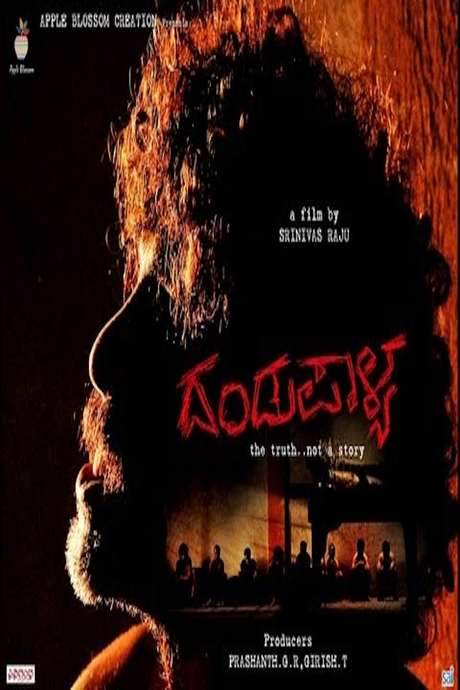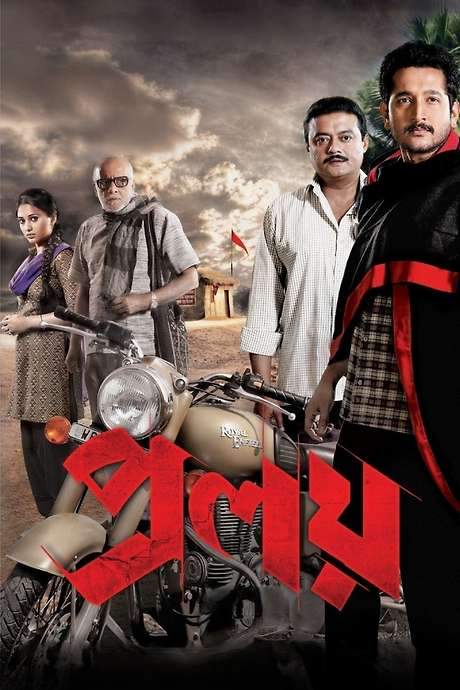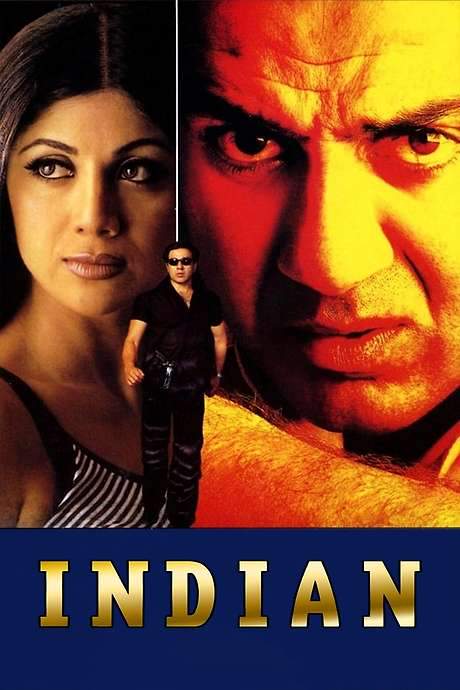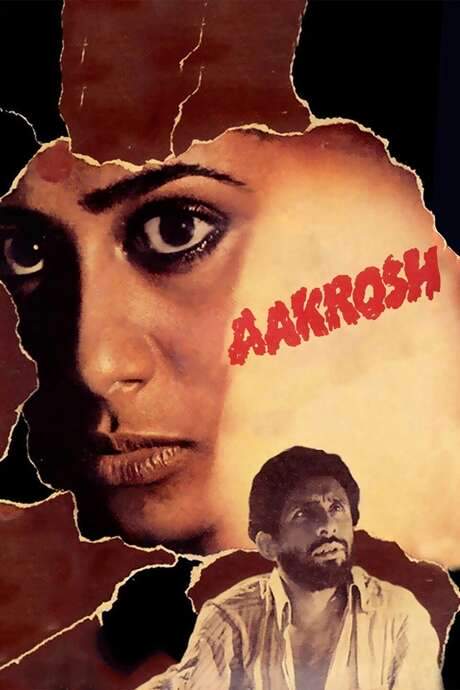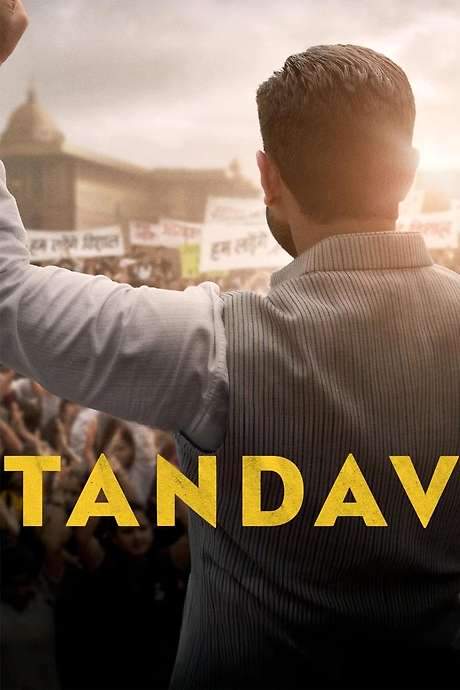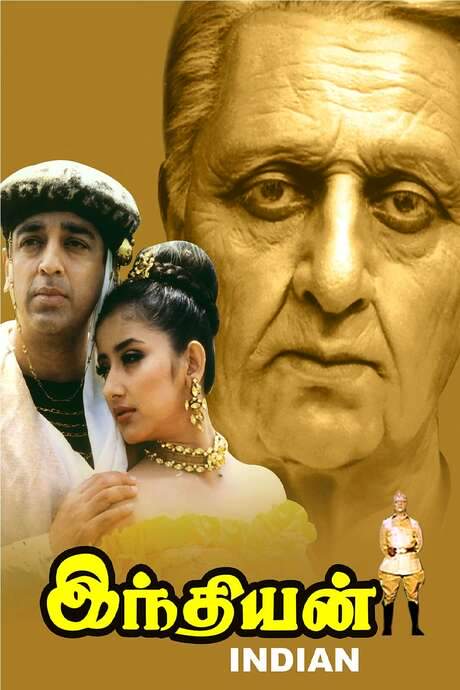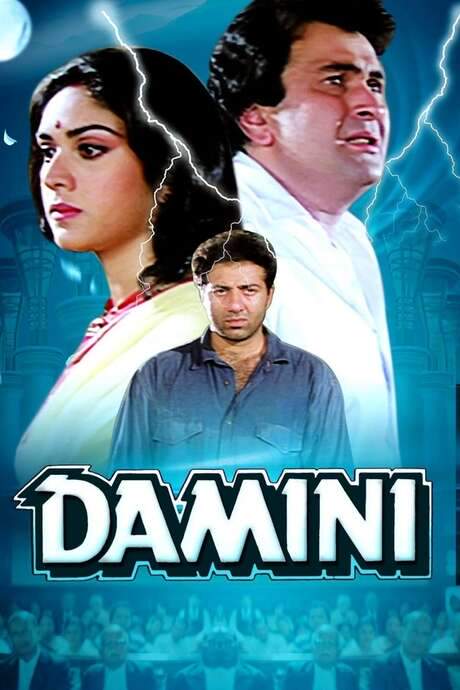
Article 15
This compelling Indian drama explores the pervasive issue of discrimination within India. Inspired by Article 15 of the Indian constitution, which prohibits discrimination based on religion, caste, gender, or place of birth, the film delves into the complexities of social inequality and the challenges faced by those fighting against it. It examines the nuances of prejudice and its impact on individuals and communities.
Warning: spoilers below!
Haven’t seen Article 15 yet? This summary contains major spoilers. Bookmark the page, watch the movie, and come back for the full breakdown. If you're ready, scroll on and relive the story!
Article 15 (2019) – Full Plot Summary & Ending Explained
Read the complete plot breakdown of Article 15 (2019), including all key story events, major twists, and the ending explained in detail. Discover what really happened—and what it all means.
The film unfolds in the village of Lalganj, where a lively song is interrupted by a harrowing incident: three Dalit girls are trapped in a school bus and subjected to a brutal assault by a group of men. Enter Ayan Ranjan (Ayushmann Khurrana), a recent graduate of St. Stephens College, who takes on the role of District Collector in Lalganj. Welcomed by local officers like Bhramadatt Singh (Manoj Pahwa) and Kisan Jatav (Kumud Mishra), Ayan is quickly faced with the stark reality of caste discrimination.
His first day is marked by uncomfortable encounters, such as being denied water from a local shop due to caste barriers and experiencing a patronizing welcome during his party, where he is served with a fresh plate, making it clear that there are rules even in dining. The situation escalates dramatically when, the very next day, the bodies of the assaulted girls are discovered hanging from a tree, while the third victim, Pooja, remains missing.
As forensic expert Dr. Malti Ram (Ronjini Chakraborty) conducts a postmortem, she uncovers disturbing evidence that the girls had been sexually assaulted. Yet, under pressure from Bhramadatt, she is forced to alter her report to cover up the real crime, framing it as an honor killing instead. Meanwhile, tensions rise as Nishaad (Mohammed Zeeshan Ayyub), a revolutionary, retaliates against Jatav and his men, igniting a chain of events that compels Ayan to take a stand for justice.
Realizing the depth of the injustice, Ayan is spurred into action, especially when Gaura (Sayani Gupta), a relative of the victims, provides critical context about the girls’ recent demands for a meager salary increase from their employer, a local builder named Anshul Naharia. Determined to dig deeper, Ayan seeks Anshul’s testimony despite pushback from Bhramadatt, who wishes to close the case quickly.
During the interrogation, Anshul chillingly declares, > “Their status is what we give them,” provoking Ayan to confront the systemic oppression in the political landscape. In response, Ayan makes a bold move by placing a reminder of Article 15 of the Indian Constitution in the police station, emphasizing that any form of caste discrimination is abhorrent and illegal.
Ayan’s perseverance pays off when he arranges for a DNA test that ultimately links Anshul to the sexual assaults. However, as he pieces together the evidence of Pooja’s fate, he faces obstruction at every turn. The prevailing caste dynamics dissuade others from aiding his investigation, intensifying the challenge he faces. In a desperate plea, he reaches out to Nishaad, seeking support from the disenfranchised Dalit villagers.
With mounting pressure, Ayan escalates the case by involving the CBI, leading to the arrival of investigator Panikar (Nassar). As the investigation unfolds, it emerges that Bhramadatt is not only complicit in the cover-up but also directly involved in the heinous acts committed against the girls.
Through the convictions of old acquaintances like Satyendra (Aakash Dabhade), Ayan gathers enough evidence to arrest Bhramadatt. As the film reaches its climax, the narrative weaves a tapestry of betrayal, systemic injustice, and the relentless pursuit of truth. The climax sees Ayan uncovering Pooja, hidden away and on the verge of despair, leading to the conviction of her tormenters.
Through sheer determination and integrity, Ayan Ranjan emerges as a portrait of hope as he orchestrates a quest for justice amidst a corrupt system. Bhramadatt’s ultimate conviction lasts 11 years, symbolizing a small yet significant win against the oppressive forces surrounding them.
Last Updated: October 27, 2024 at 22:13
Explore Movie Threads
Discover curated groups of movies connected by mood, themes, and story style. Browse collections built around emotion, atmosphere, and narrative focus to easily find films that match what you feel like watching right now.
Thrillers about fighting systemic corruption like Article 15
One determined individual confronts a powerful and unjust system from within.If you liked Article 15's story of a lone officer challenging a corrupt system, you'll find similar movies here. These films feature determined investigators uncovering deep-seated injustice, often within powerful institutions. They share a tense, morally urgent vibe and a focus on the struggle for truth against overwhelming odds.
Narrative Summary
Stories in this thread typically follow a linear investigative structure where a protagonist, driven by a strong moral compass, uncovers a cover-up or systemic crime. The conflict escalates as they face resistance from powerful, cynical forces within the system they are trying to reform. The journey is one of grim determination, where small victories are hard-won against a backdrop of enduring societal problems.
Why These Movies?
These movies are grouped by their shared focus on a central investigative arc against systemic injustice. They create a similar viewing experience through high tension, a dark and serious tone, and a protagonist whose moral resolve is the narrative's driving force. The pacing is steady, building suspense as the investigation deepens.
Gritty social issue dramas with sobering endings like Article 15
Hard-hitting stories that expose harsh societal truths with a glimmer of hope.For viewers who appreciated Article 15's brutal honesty about caste discrimination and its bittersweet conclusion. These movies are gripping, societally conscious dramas that tackle real-world injustices head-on. They are characterized by a heavy emotional weight, a dark tone, and endings that reflect the complex reality of fighting systemic oppression.
Narrative Summary
The narrative pattern involves immersing the audience in a specific social injustice, often through a central crime or conflict that symbolizes the larger issue. The emotional journey is one of anger and frustration at the system's failures, coupled with admiration for those who resist. The resolution typically provides catharsis through a small, hard-earned justice but deliberately avoids a simplistic 'happy ending,' emphasizing the ongoing nature of the struggle.
Why These Movies?
These films share a cohesive vibe defined by their commitment to social realism, a dark and heavy tone, and a bittersweet emotional payoff. The combination of a serious topic with a steady, engaging plot creates a similarly impactful and thought-provoking experience, leaving viewers emotionally drained but intellectually stimulated.
Unlock the Full Story of Article 15
Don't stop at just watching — explore Article 15 in full detail. From the complete plot summary and scene-by-scene timeline to character breakdowns, thematic analysis, and a deep dive into the ending — every page helps you truly understand what Article 15 is all about. Plus, discover what's next after the movie.
Article 15 Timeline
Track the full timeline of Article 15 with every major event arranged chronologically. Perfect for decoding non-linear storytelling, flashbacks, or parallel narratives with a clear scene-by-scene breakdown.

Characters, Settings & Themes in Article 15
Discover the characters, locations, and core themes that shape Article 15. Get insights into symbolic elements, setting significance, and deeper narrative meaning — ideal for thematic analysis and movie breakdowns.

Article 15 Spoiler-Free Summary
Get a quick, spoiler-free overview of Article 15 that covers the main plot points and key details without revealing any major twists or spoilers. Perfect for those who want to know what to expect before diving in.

More About Article 15
Visit What's After the Movie to explore more about Article 15: box office results, cast and crew info, production details, post-credit scenes, and external links — all in one place for movie fans and researchers.

Similar Movies to Article 15
Discover movies like Article 15 that share similar genres, themes, and storytelling elements. Whether you’re drawn to the atmosphere, character arcs, or plot structure, these curated recommendations will help you explore more films you’ll love.
Explore More About Movie Article 15
Article 15 (2019) Scene-by-Scene Movie Timeline
Article 15 (2019) Movie Characters, Themes & Settings
Article 15 (2019) Spoiler-Free Summary & Key Flow
Movies Like Article 15 – Similar Titles You’ll Enjoy
15 Minutes (2001) Plot Summary & Ending Explained
Aarakshan (2011) Film Overview & Timeline
Angry Indian Goddesses (2015) Story Summary & Characters
Indian (2001) Full Movie Breakdown
15 (2003) Spoiler-Packed Plot Recap
15 Park Avenue (2006) Ending Explained & Film Insights
Aakrosh (1980) Plot Summary & Ending Explained
A Thursday (2022) Ending Explained & Film Insights
Article 370 (2024) Detailed Story Recap
Tandav (1000) Complete Plot Breakdown
Yeh Mera India (2009) Movie Recap & Themes
Indian (1996) Film Overview & Timeline
Jana Gana Mana (2022) Plot Summary & Ending Explained
Damini (1993) Movie Recap & Themes
The Sabarmati Report (2024) Full Movie Breakdown











